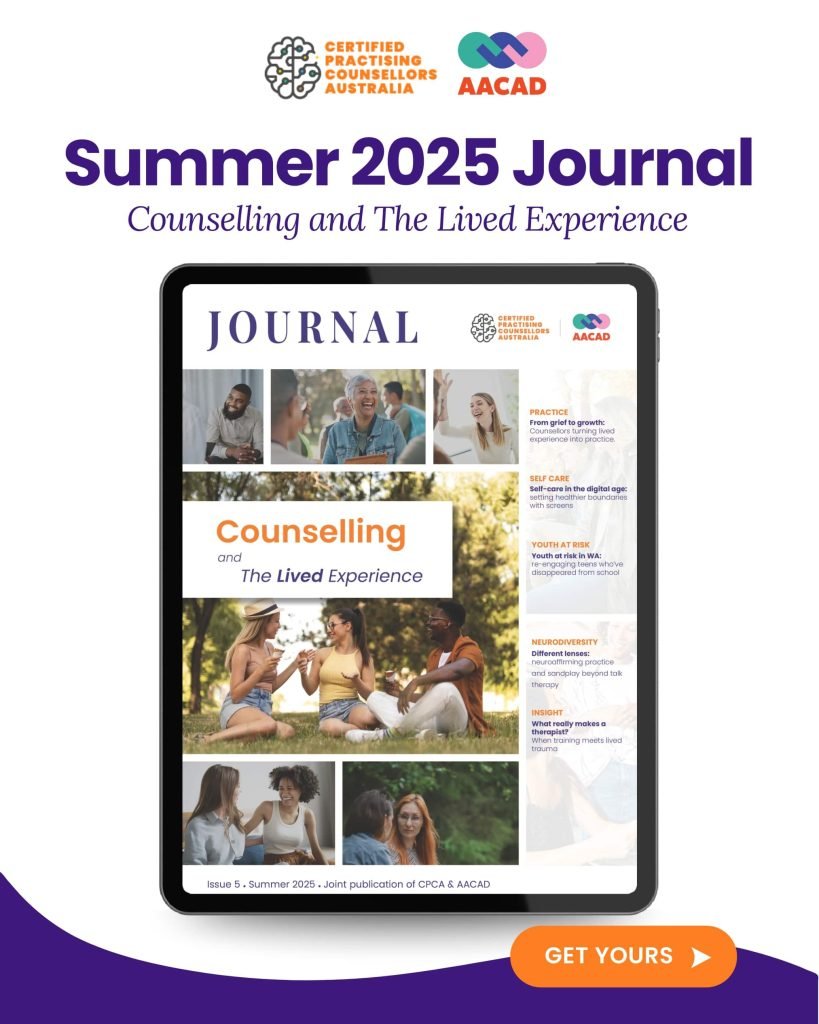
With modern technology it has become more viable for almost anyone to access the expertise of a counsellor online through apps such as Zoom. Online counselling is a service that can offer clients the same degree of support and confidentiality that a traditional consultation does, while offering a more convenient alternative for people that have difficulties in attending a face-to-face appointment.
However, there are challenges to online counselling for counsellors to overcome with clients. Concerns exist regarding privacy, potential technology challenges, and counsellors being unable to use traditional assessment protocols which rely on body language and other physical cues. A virtual session is also not ideal for clients that may be experiencing major issues like domestic abuse or suicidal ideation. These issues can become more complex to address virtually, with the additional challenge for counsellors to maintain their professionalism and boundaries when their clients are not in an ideal counselling environment. For example, it is difficult to conduct a successful session when clients are being interrupted by family members and people in their homes.
While these scenarios can sometimes present themselves and create obstacles to counselling, the pandemic has shown there are benefits to online counselling and other telehealth services. So much so that the Australian Government is investing $106 million over four years to support making telehealth services permanent. Online counselling and other virtual health options are now set to become more prominent with telehealth services likely being a permanent fixture in health care going forward, thanks largely to COVID-19. The pandemic, especially during lockdowns, quarantine, or self-isolation, necessitated online counselling for many people. There are also clients who lead busy lives and online counselling provides a more practical alternative that gives them a way to seek help without heavily impacting their professional or personal lives. Online counselling also removes barriers to people who normally would not attend a session, such as people with chronic health issues, those who live in remote areas, and people who lack reliable transportation. Online counselling could also be just a personal preference for those wanting the convenience and flexibility it offers.
A notable benefit of online counselling is that it can increase a client’s sense of safety and comfort, which is so critical to the counsellor-client relationship. This can apply to clients with anxiety and who are sensitive to walking into an office or space controlled by the counsellor. With an online session, the client has the choice of where and when the counselling takes place. The client having more control over the location and time can give a counsellor the chance to see them when they are more comfortable and forthcoming.
Whatever the case may be, clients now have more flexibility in how they choose to receive counselling. Online counselling is here to stay, but there is still a great a place and a need to do face-to-face counselling for many clients.



